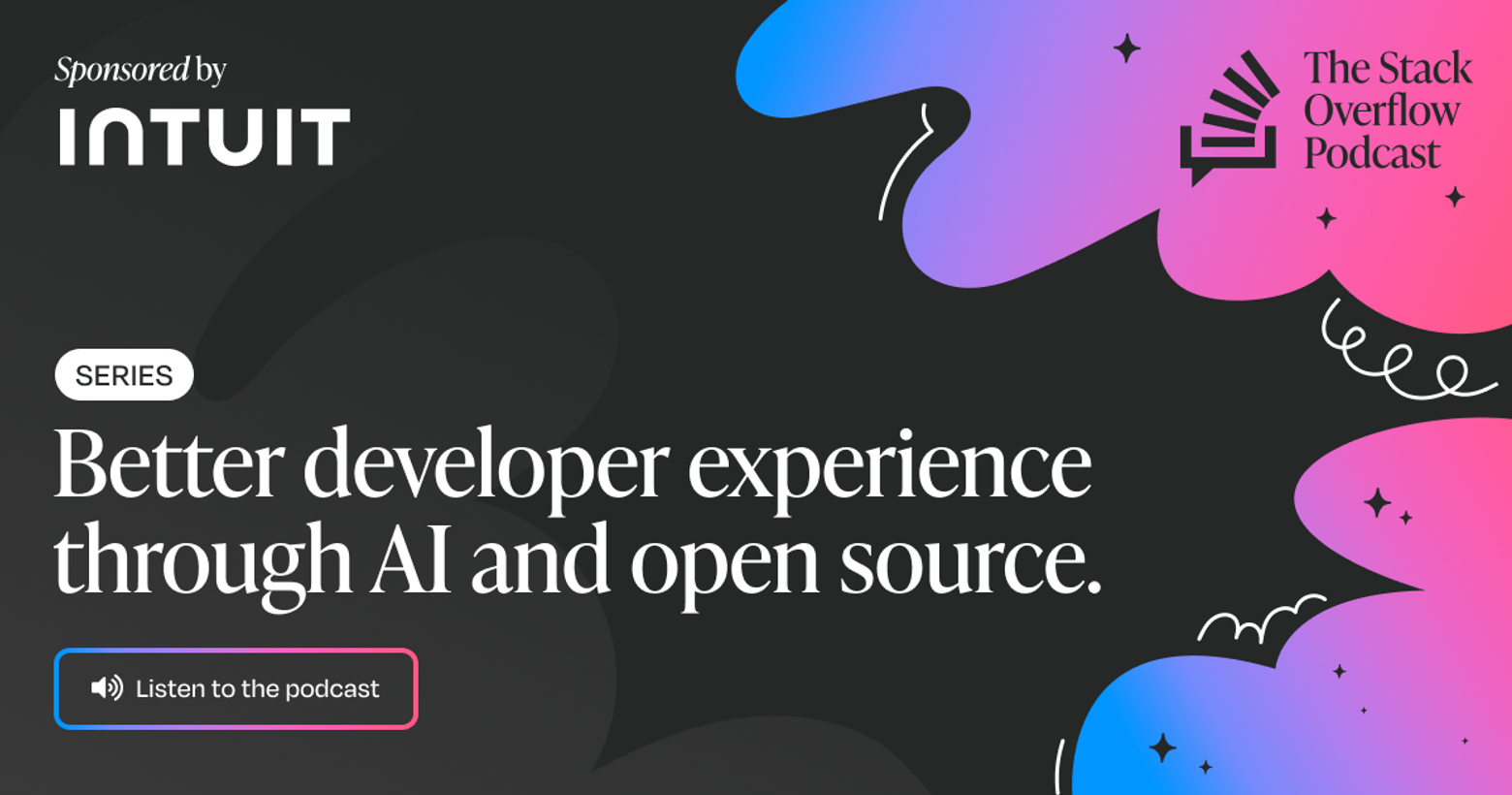SPONSORED BY INTUIT
Over the past five years, Intuit went through a total cloud transformation—they closed the data centers, built out a modern SaaS development environment, and went cloud native with foundational building blocks like containers and Kubernetes. Now they are looking to continue transforming into an AI-driven organization that leverages the data they have to make their customers’ lives easier. Along the way, they realized that their internal systems have the same requirements to leverage the data they have for AI-driven insights.
On this sponsored episode of the podcast—the first in a series of four—we talk with Pratik Wadher, senior VP of Product Development at Intuit, about how it is building a AI-enabled development platform that increases the development velocity for their 7,000 plus developers.
Episode notes
In terms of sheer volume, the AI/ML program at Intuit is massive. They make 58 billion ML predictions daily, enable 730 million AI-driven customer interactions every year, and maintain over two million personalized AI models.
Wadher notes that Intuit uses development velocity, not developer velocity. The thinking is that an engineering org should focus on shipping products and features faster, not making individual devs more productive.
No, the robots aren’t coming for your jobs. Wadher says their AI strategy relies on helping experts make better insights. The goal is to arm those experts, not replace them.
Intuit’s not here to hoard secrets. They’ve open sourced their DevOps pipeline tool, Argo, which a lot of companies used for AI and data pipelines. Intuit has recently launched Numaproj, which open sources a number of internal tools and capabilities.
Congrats to Lifeboat badge winner Bill Karwin for their answer to Understanding MySQL licensing.
